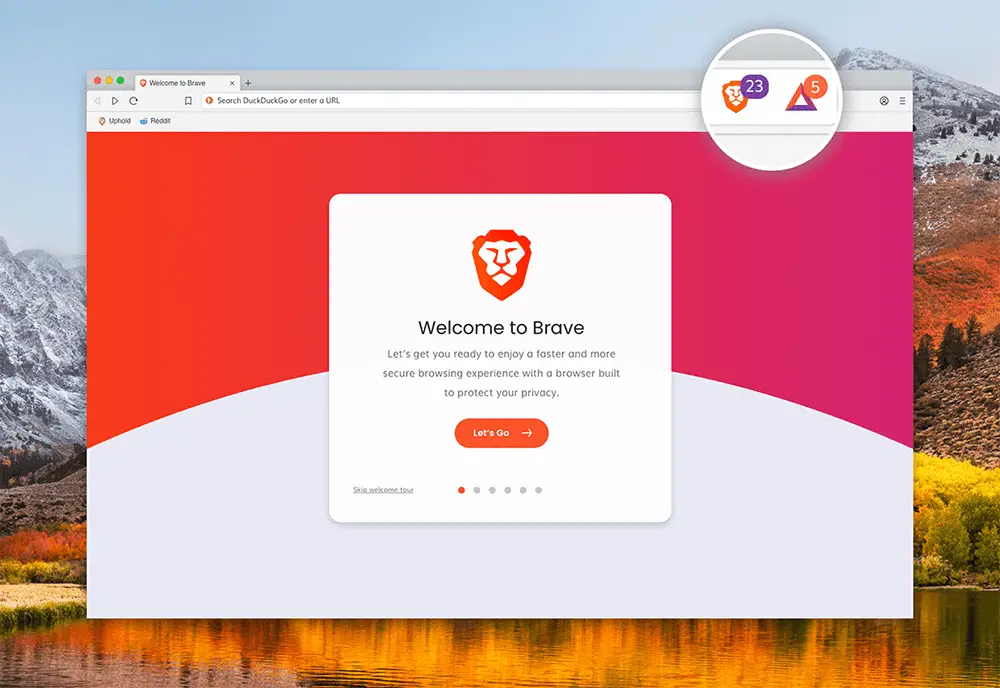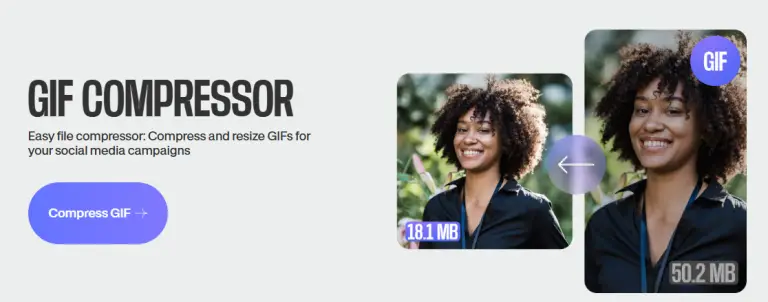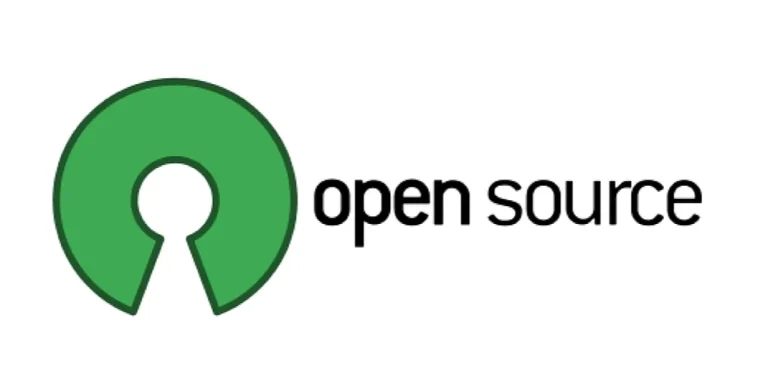
Brave has unveiled a new tool called Cookiecrumbler, designed to combat intrusive cookie consent notifications. What sets this tool apart is its use of large language models (LLMs) to automatically detect such banners and organize their removal through an open community-driven process.
Since 2022, the Brave browser has blocked cookie consent banners by default across all websites. However, over time, it became apparent that mass blocking could cause significant site malfunctions — from breaking checkout processes to disrupting page rendering. Brave emphasizes that improperly removing banners can sometimes lead to blank pages and non-functional scrolling, severely degrading the browsing experience.
Cookiecrumbler addresses this issue with a more refined approach. The tool operates by scanning popular websites through proxy servers in various regions, loading their pages via Puppeteer, and identifying potential consent banners. These elements are then passed to a language model for classification and recommendations on how to block them. The analysis results are published as open issues on GitHub, where they are manually reviewed by the community to minimize the risk of impairing site functionality.
This methodology enables Cookiecrumbler to detect and block banners with regional sensitivity while significantly reducing the number of false positives. Crucially, the entire process is entirely decoupled from user data: the tool operates solely on Brave’s servers and does not interfere with real user sessions. Publicly available website lists, such as Tranco, are used for analysis, with access facilitated via proxies.
Brave’s commitment to privacy is the primary reason why Cookiecrumbler has not yet been integrated directly into the Brave browser. The company states that the tool will only be incorporated after a thorough security and privacy audit to ensure it meets internal standards.
Since Cookiecrumbler is available as an open-source project on GitHub, it can be utilized not only by Brave developers but also by anyone — from creators of other privacy tools to website administrators and security auditors. This openness paves the way for more precise filter customization and an improved user experience without compromising site functionality.


